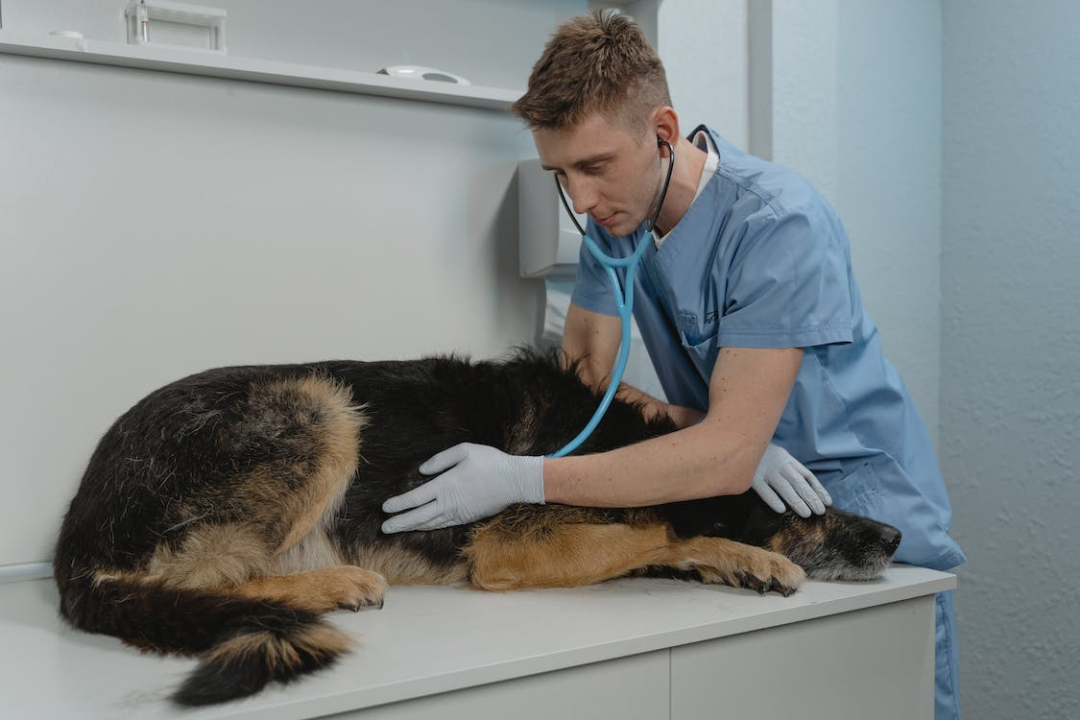
Watching your dog having a seizure can be extremely distressing. It’s important, however, not to panic. Most dog seizures get over pretty quickly, usually within 30-60 seconds. Once the convulsions stop, you should take your pet to the veterinarian or emergency room to be evaluated.
It’s important to be aware of what can cause seizures in dogs. For example, you should know what human foods are dangerous for dogs. This article will list some common household substances that are toxic and may cause seizures in dogs.
There can be various reasons for a dog to experience seizures. Medical conditions like epilepsy, structural abnormalities in the brain, infections, inflammation, tumors, and stroke can all lead to convulsions. Canine seizures can also occur from exposure to neurotoxins (toxins that affect the brain).
Many common household substances are toxic for dogs and can cause seizures. Some of these are listed below:
Foods
Alcohols
Heavy Metals
Pesticides
Drugs
Carbon Monoxide
Plants
Animal Toxins
You can call the ASPCA Animal Poison Control Center on 1-888-426-4435 for more information. Lines are open 24x7x365. Consultation fees may apply.
Some of the signs and symptoms of seizures (convulsions) in dogs include:
Try to stay calm. As mentioned, dog seizures are usually over in less than a minute. Avoid holding or touching your dog as you could be accidentally bitten. However, take the following precautions:
If you can, make a video of the seizure to show to the vet. Once the seizure is over, call the vet or take your dog to the emergency room.
If your dog has more than 2 seizures in 24 hours or has a seizure that lasts more than 3 minutes, seek emergency medical attention. Call the vet immediately. Do not wait for the seizure to stop.
By educating yourself about canine seizures, you have already taken the first step in keeping your dog safe should he suffer a convulsion. Read more dog health tips, including signs your dog may be sick, so that you are prepared should illness strike.
04 December, 2022